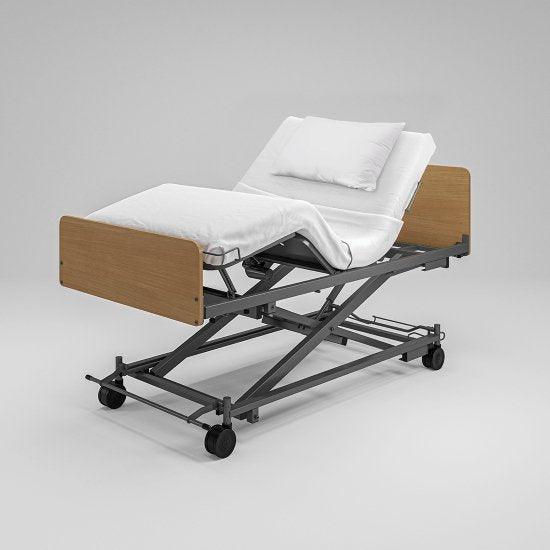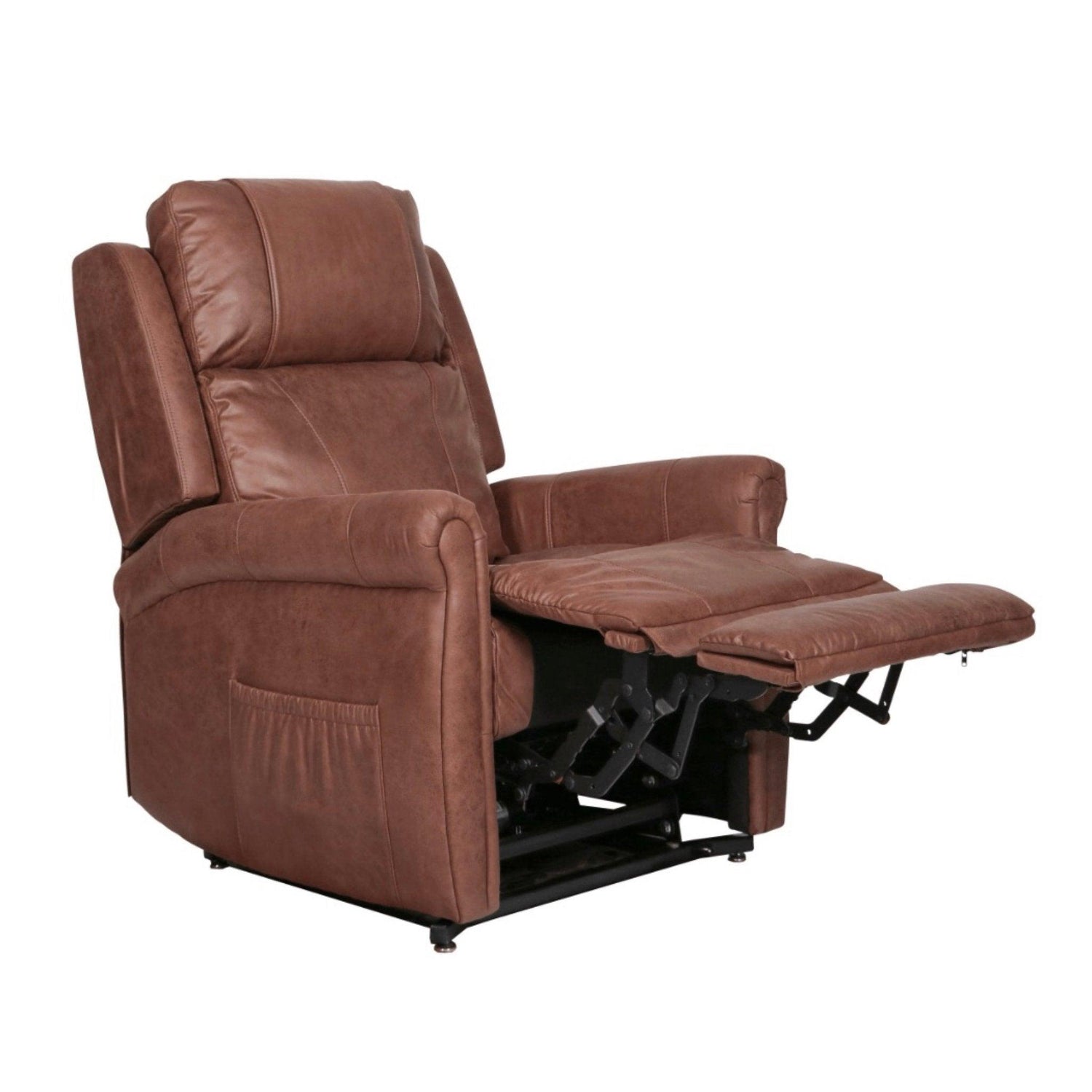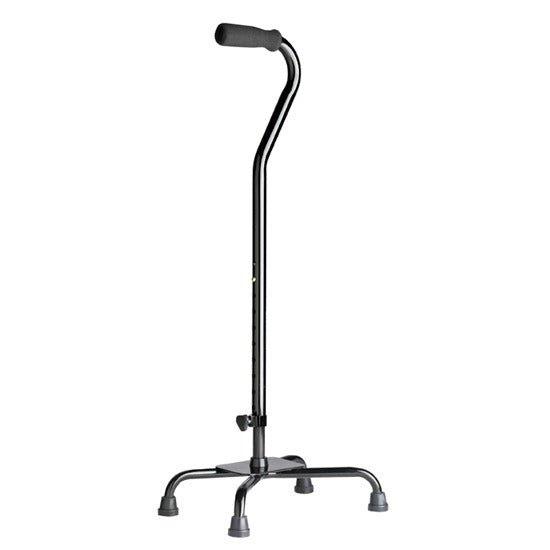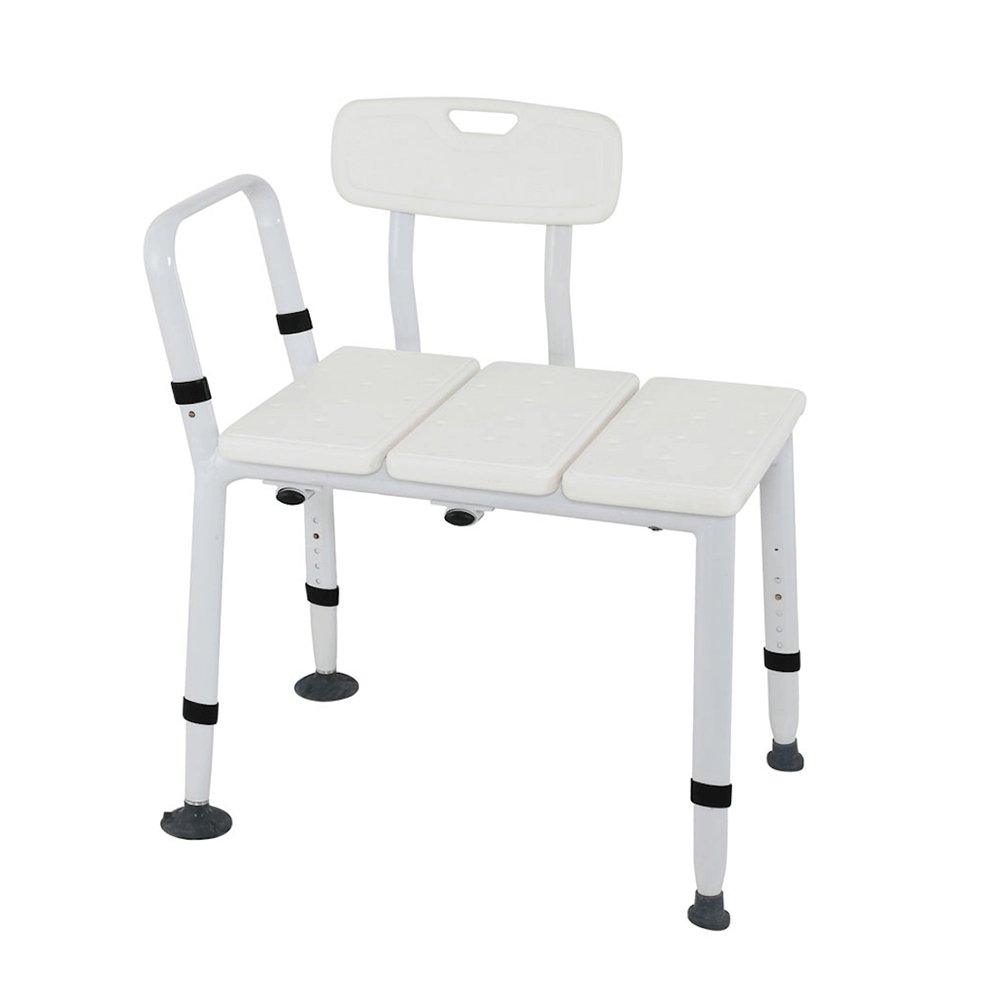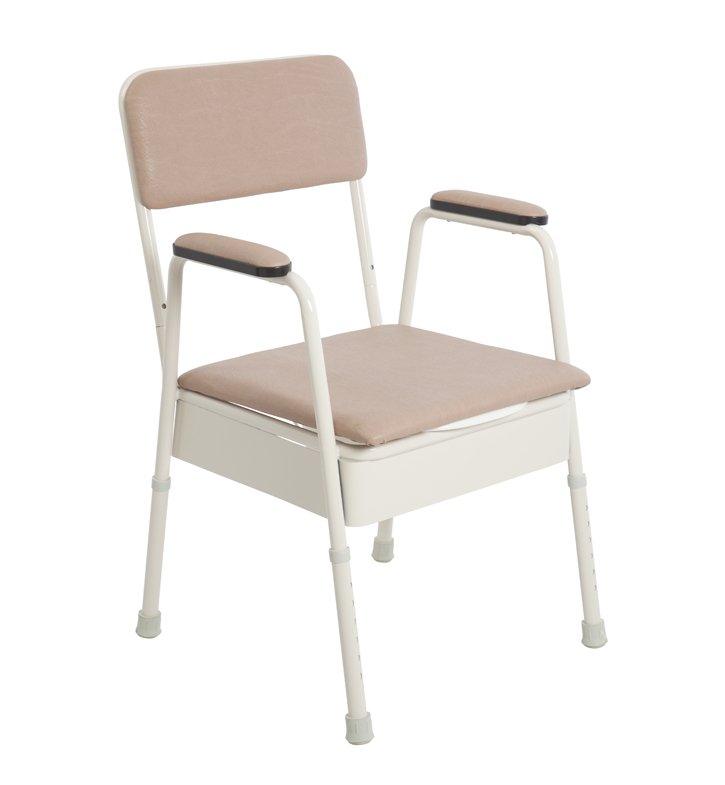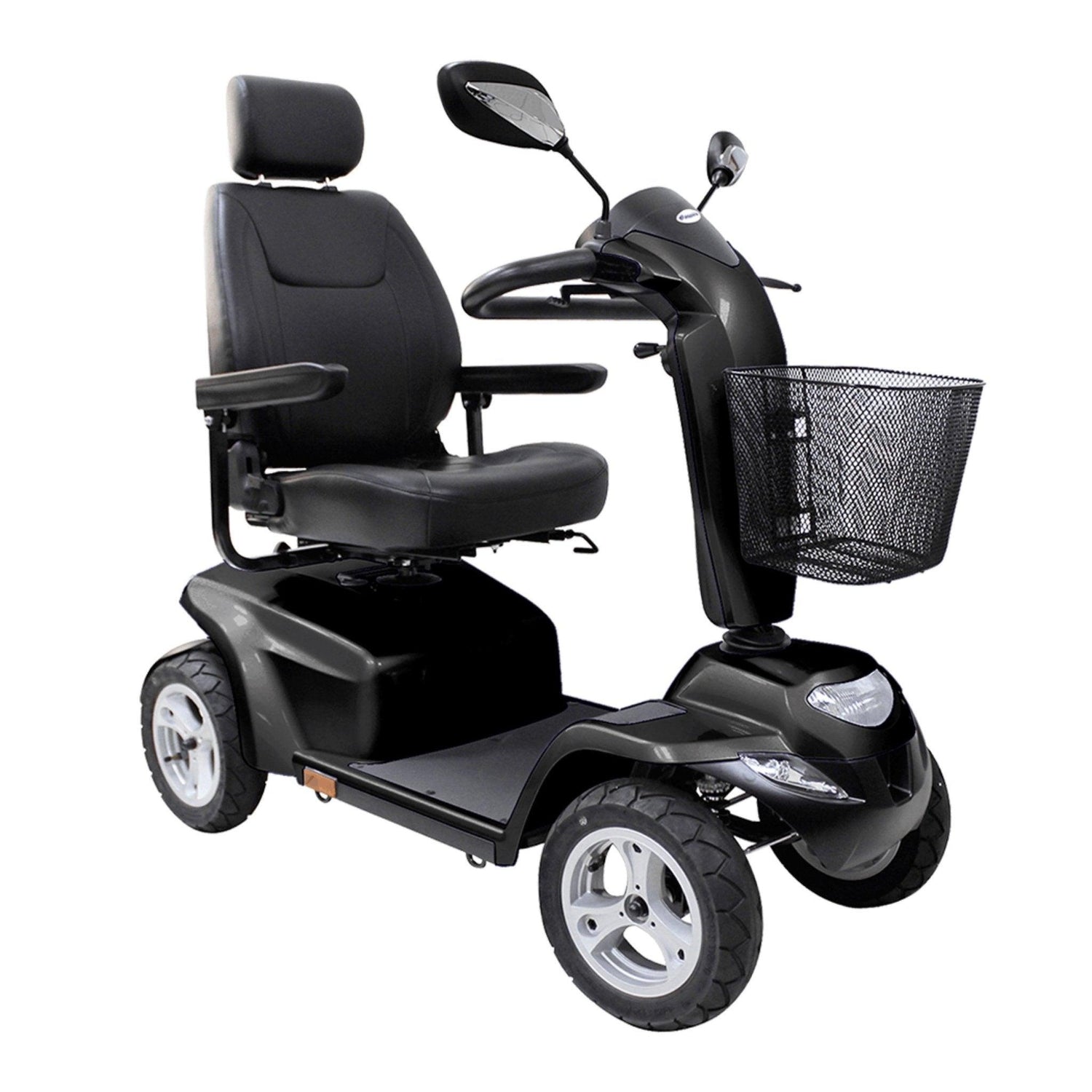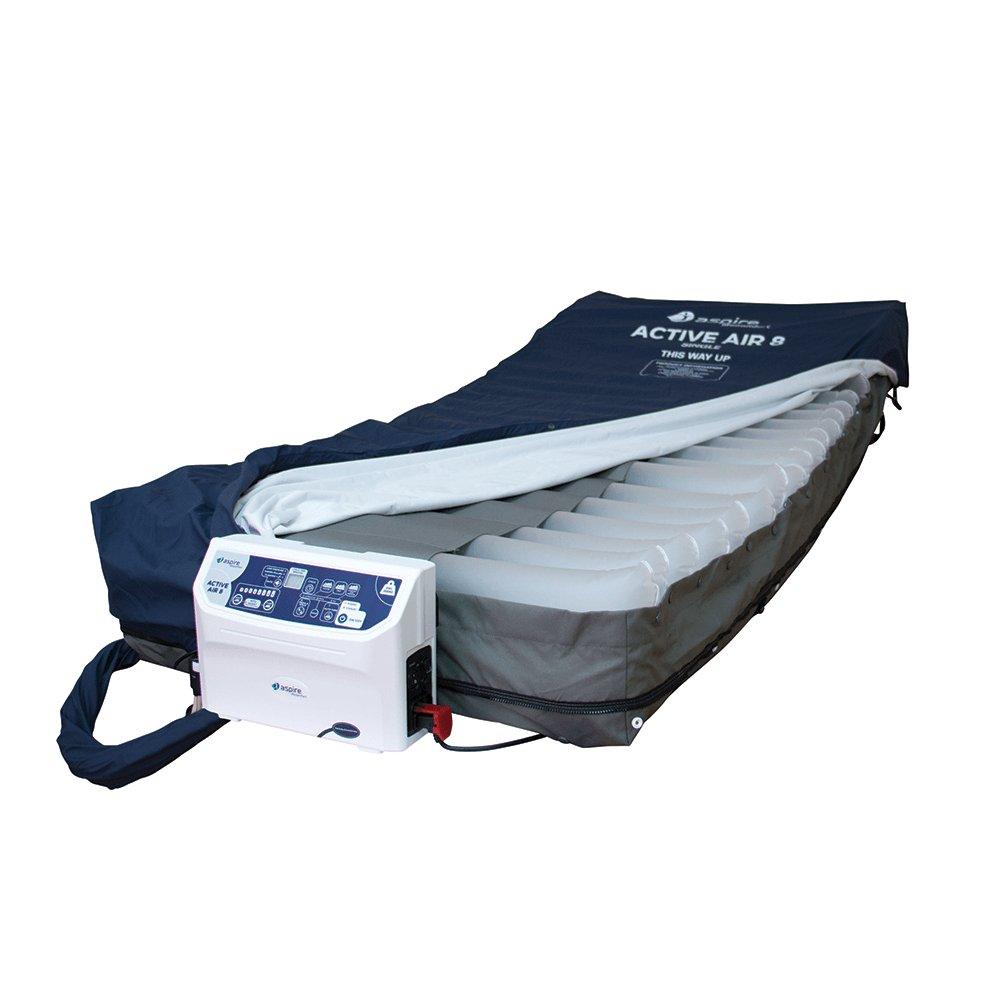
Power Wheelchair vs. Mobility Wheelchair: A Comprehensive Comparison
4Mobility WAShare This Blog
Choosing the right mobility aid can massively impact an individual's quality of life. When it comes to wheelchairs, there is often a choice between a power wheelchair and a mobility wheelchair. While they may seem similar, the distinct differences can make one type more suitable for specific needs.
Understanding Wheelchairs and Walking Aids
Wheelchairs are not the only solutions for mobility challenges. Walking aids, including walkers, are crucial for people who can support themselves but still need assistance. Some common options include the Aspire Vogue Indoor Walker with Meal Tray and Folding Walking Hand Stick Stool with Seat and Four Legs, which offer varied functionality.
For those interested in walkers and walking frames, explore our Walking Aids collection for a wide range of options, including lightweight and foldable designs perfect for indoor and outdoor use.
Comparing Power Wheelchairs and Mobility Wheelchairs
- Power Wheelchairs: These are also known as electric wheelchairs and are perfect for users who require independence without expecting physical exertion. Power wheelchairs are typically more robust, offering options for bariatric or heavy-duty use. However, they often weigh more, which can affect portability and storage.
- Mobility Wheelchairs: Often termed manual wheelchairs, these include variants such as self-propelled and attendant-propelled chairs. They are lightweight and foldable, convenient for transportation and storage. For example, the Aspire Aspire Mini Manual Folding - HS268 is an excellent choice for those needing temporary assistance or intermittent wheelchair use.
Let’s Talk About Use Cases
- Power Wheelchairs are suited for:
- Long-distance travel
- Individuals who require little to no assistance
- Users with limited upper body strength
- Mobility Wheelchairs are best for:
- Short distances
- Environments with many transitions, such as folding the chair for car transportation
- Need for a lightweight, folding chair that can be managed by the attendant
Additional Support and Accessories
For those considering additional support, ergonomic tools such as the Days Ergonomic Forearm Crutches and Breezy Everyday Forearm Crutches - Comfy Ergonomic Handle- Double Adjustable offer excellent options for improving mobility tasks.
Conclusion
Both power and mobility wheelchairs have unique advantages tailored to specific user needs. Making an informed choice involves understanding these differences alongside an individual's personal needs and lifestyle. Visit 4mobility for more options and assistance in selecting the best mobility aid that suits your requirements.







